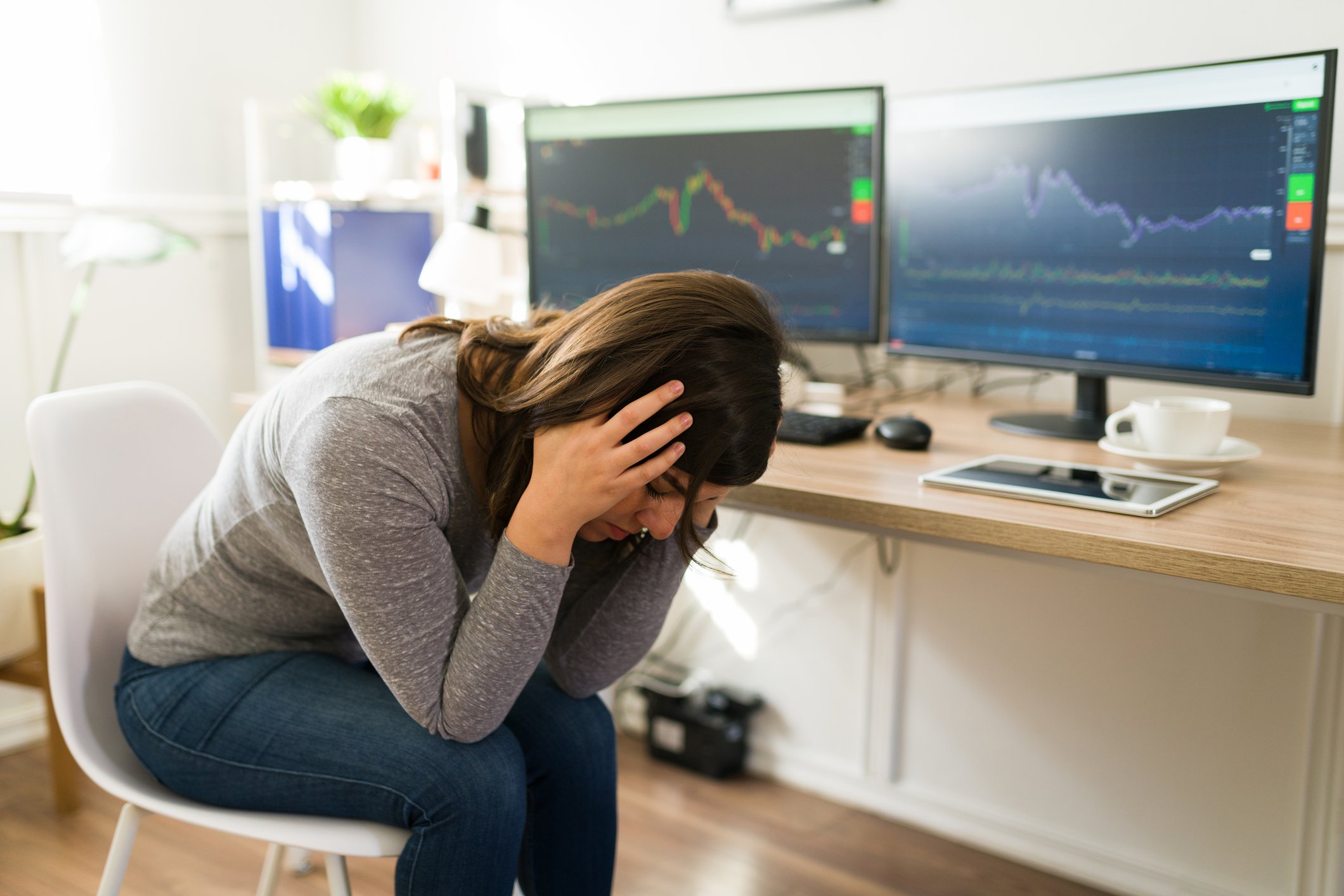Drug tariffs, tough competition, and a fresh analyst recommendation downgrade were the burdens pulling down Novo Nordisk (NVO +2.97%) stock on Monday. In some respects, then, it was surprising that the company's shares didn't do worse than the 0.2% slump they were hit with across that trading session. Meanwhile, the S&P 500 (^GSPC +0.19%) ended the day positively, rising by 0.3%.
A day that featured a downgrade
Monday's downgrading entity was white-shoe investment bank Morgan Stanley, whose analyst Thibault Boutherin felt compelled to rerate Novo Nordisk as an underweight (sell, in other words). Previously, the pundit had tagged it as equal weight (hold).

Image source: Getty Images.
Boutherin also notably reduced his price target on the company's Europe-listed equity, to 300 Danish kroner ($47.02) per share from 380 kroner ($59.56).
According to reports, among other factors, the analyst based his downgrade on several potential downside risks the company is facing. First, he believes that it does not have a good chance for successfully developing semaglutide (the active ingredient in its high-profile medications Wegovy and Ozempic) to treat Alzheimer's disease.
On top of that, he forecast that the U.S. government's Medicare program will cut its pricing support for Ozempic, particularly if the current administration follows through with its goal to better align drug prices in this country with those abroad.

NYSE: NVO
Key Data Points
Fighting on several fronts
Novo Nordisk is one of those companies that has come under pressure because of its significant success. Almost right out of the gate, the pharmaceutical company's Wegovy, the first GLP-1 medication approved by the Food and Drug Administration (FDA), was -- and, to a large extent, remains -- a hot item in the giant and relatively affluent American market.
Since then, however, the company has struggled to cope with mounting competition, not to mention supply issues and the proliferation of compounders concocting rival drugs. It isn't surprising that both investors and analysts have become bearish lately.






